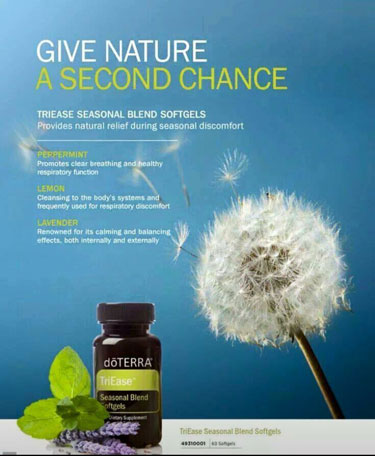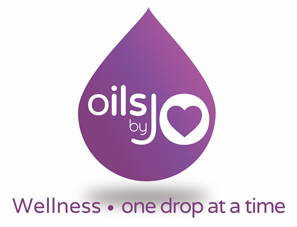Don’t sit and suffer this spring and summer.
If you suffer from hay fever then we know the current weather has got you feeling a little anxious. Over 10 million people in the UK suffer from some form of hay fever, and although many people have found that symptoms eventually improve with age, that doesn’t solve your problem today.
Vitamin C
Vitamin C is a natural antihistamine, which means that it can be good at providing relief from allergy symptoms. In particular, it acts as a decongestant, so ensuring you get your daily intake could be the perfect remedy if one of your hay fever symptoms is a blocked or a runny nose.
Recommended daily amounts may vary depending on many factors. Adding more foods like kiwi or green/orange fruits and vegetables to your diet could be the trick to helping your allergies, so take a look at your current diet and make changes accordingly.
Supplements for Vitamin C are always an option too. There are many choices.
Honey
Without bees, the world we know would cease to exist. They help spread pollen so that plants can reproduce, which in turn keeps plant life producing oxygen for us to breathe. This process of pollination, although incredibly helpful for the planet, comes at a cost to those of us who suffer from hay fever. More pollination means more pollen in the air, and this can cause allergies to flare up. Despite their role in hay fever misery, however, bees may have also given us the antidote.
Honey contains pollen from the plants and flowers surrounding the bee colony. By introducing this pollen to your body early, before hay fever season, you could help your body develop a sort of protection to the allergies that the pollen creates.
It is reported that using locally-produced honey has a much higher chance of providing relief and support from hay fever, given that it is made from foliage that can be found all around you and is the cause of your hay fever. Try taking small daily amounts before you usually start to suffer from hay fever and see if it helps. I can highly recommend using https://stourvalleyapiaries.com/
Garlic
Garlic has a lot of health benefits. However, it’s rather uncommon knowledge to know that it could also help alleviate your hay fever symptoms. Increasing your daily intake of garlic might help boost your immune system. It acts as a decongestant and could help to relieve other symptoms like sore throats and headaches.
The reason garlic can be so helpful is that it contains something called quercetin, which is a natural antihistamine that provides allergy relief. Quercetin can also be found in onions, so if you don’t like garlic there are other alternatives that may help too.
Introducing more garlic into your diet a month before hay fever season starts is a good way of helping your body to prepare for the worst attacks your allergies could throw at you. Research suggests that it is most effective when eaten raw or crushed, but cooked forms may also help too. Try looking at recipes online to see how you could introduce it into your daily meals. Like Vitamin C, there are always garlic supplements available to provide daily support too.
Try avoiding dairy products
Dairy products increase the production of mucus in the respiratory tract, so if you couple that with a runny nose from hay fever, the two together are going to make things pretty unpleasant. If you start to suffer from the symptoms of hay fever, like a blocked or a runny nose, try avoiding dairy to help prevent it from getting any worse. You may want to consider other alternatives like soy or almond milk to make the dietary transition as easy as possible.
Assorted teas
- Ginger tea (with raw honey) breaks up congestion in the chest congestion and loosens phlegm. It acts as a natural antihistamine and also strengthens the immune system.
- Green tea blocks the production of histamine and builds the immune system.
- Peppermint tea relieves both nasal and sinus congestion.
- Nettle tea helps relieve respiratory tract inflammation, and eases nasal congestion, itching and sneezing.
- Licorice tea can help to reduce irritation of the respiratory system.
- Chamomile tea is also reputed to relieve hay fever symptoms, and smearing chamomile and lemon essential oil on a cloth and inhaling is believed to prevent hay fever symptoms.

Essential Oils
There are a few Essential Oils that can also support allergy symptoms. They are:
Peppermint | Lemon | Lavender
These can be used in a diffuser with a drop of each in the water. There is also a product called TriEase which is an organic capsule with a drop of peppermint, lemon and lavender.
We have a blend called Breathe that can also support the respiratory system too.
I’m always happy to help so please reach out and ask any questions that you may have.





